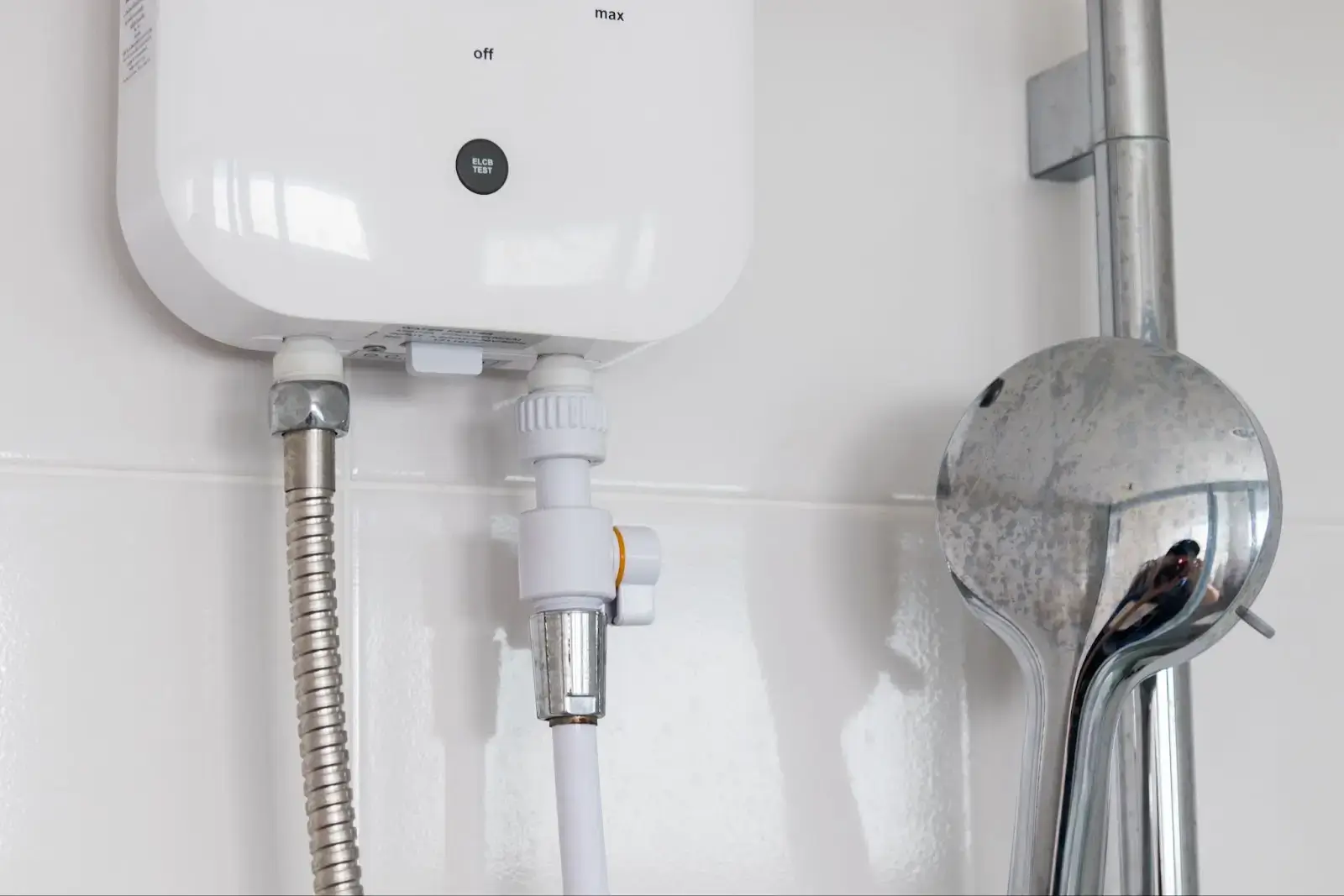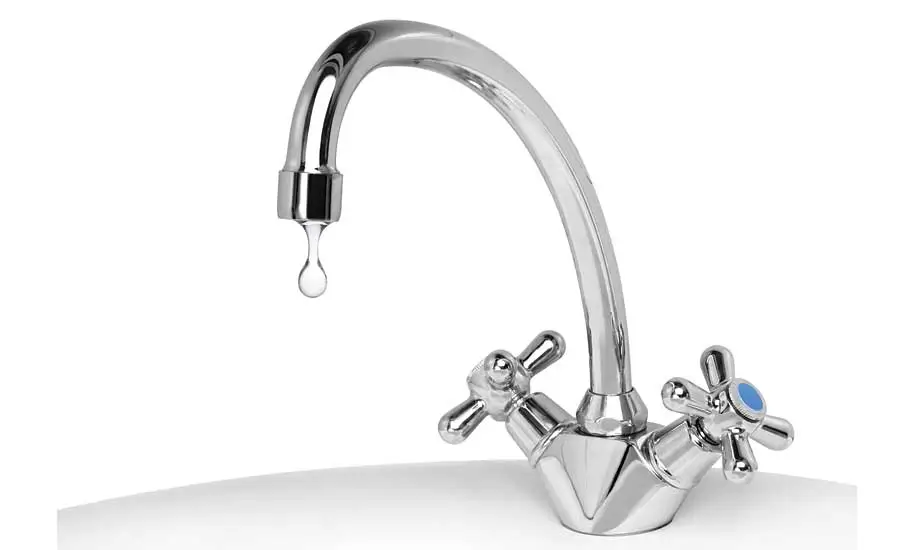
Have you ever wondered how the same device that keeps your home snug in the winter can also provide a cool refuge during the hot summer months? This is the remarkable capability of heat pumps, a key feature for efficient home climate control. Here, we will explore how a heat pump can perform the dual roles of heating and cooling your home.
At first glance, heat pumps may seem like a complex technology, but their operation is based on a simple yet ingenious principle: transferring heat rather than generating it. This method not only makes them incredibly efficient but also environmentally friendly. Join us as we delve into the mechanics of heat pumps and discover why they are an increasingly popular choice for year-round comfort in homes.
How a Heat Pump Works
Heat pumps represent a brilliant innovation, seamlessly addressing the need for both heating and cooling within your home. However, the question arises: How do they efficiently accomplish this dual-purpose feat? At the core of their operation is the ability to move heat rather than generate it directly, making them both efficient and versatile.
This section breaks down the operational principles of a heat pump in both heating and cooling modes, helping you understand the science behind this remarkable technology.
Heating Mode
When operating in heating mode, a heat pump operates by efficiently drawing warmth from the outdoor air, even in chilly conditions, and effectively channeling it indoors. This process involves several key components:
- Evaporator Coil (Outside Unit): The refrigerant in the evaporator coil absorbs heat from the outdoor air, even in low temperatures, transforming from a low-pressure liquid into a gas.
- Compressor: The gas is then compressed, which increases its temperature significantly.
- Condenser Coil (Inside Unit): This hot gas passes through the condenser coil inside your home, where it releases its heat, warming the indoor air. In the course of this procedure, the refrigerant undergoes a cooling phase, returning to its liquid state.
- Expansion Valve: The liquid refrigerant then returns to the outdoor unit, passing through an expansion valve that reduces its pressure, cooling it down and preparing it to absorb heat from the outside air once again.
This cycle continues, consistently and effectively transferring warmth from the exterior to the interior of your residence.
Cooling Mode
In cooling mode, the heat pump essentially works like a standard air conditioner, but with a reversal mechanism:
- Reversing Valve: A key component, the reversing valve, changes the direction of the refrigerant flow, allowing the system to switch between heating and cooling.
- Evaporator Coil (Inside Unit): The now-cool refrigerant absorbs heat from the indoor air, causing the indoor air to cool. The refrigerant turns into a low-pressure gas.
- Compressor and Condenser Coil (Outside Unit): The gaseous refrigerant is compressed, heating up and then flowing to the outside unit. Here, it releases its heat to the outside air, cooling down and converting back into a liquid.
- Expansion Valve: The cooled liquid refrigerant then cycles back to the indoor unit, passing through the expansion valve, ready to absorb indoor heat again.
Heat pumps embody an innovative blend of efficiency and versatility, effectively managing your home's climate throughout the year. By understanding their functionality in both heating and cooling modes, it's clear why they are a smart choice for eco-friendly and cost-effective temperature control.
Types of Heat Pumps
When contemplating the installation of a heat pump in your home, it's crucial to acknowledge that not all heat pumps share the same capabilities. Various types are tailored to meet specific requirements and environmental conditions.
Let's delve into the primary categories of heat pumps on the market, each offering distinctive features and advantages.
1. Air Source Heat Pumps
The most prevalent variety, air source heat pumps, facilitate the transfer of heat between your dwelling and the outdoor atmosphere. They are:
- Cost-Effective: Generally more affordable to install than other types.
- Energy-Efficient: Ideal for temperate climates, these heat pumps can slash electricity consumption for heating by roughly half when juxtaposed with electric resistance heating.
- Versatile: Capable of both heating and cooling your home.
2. Ground Source (Geothermal) Heat Pumps
These heat pumps utilize the stable temperature of the ground or nearby water sources:
- Consistent Performance: They offer remarkable efficiency as the ground temperature is more constant than air.
- Longevity and Durability: Typically have a longer lifespan than air source heat pumps.
- Eco-Friendly: Minimize environmental impact and reduce energy costs, though they have higher upfront installation costs.
3. Water Source Heat Pumps
These are similar to ground source pumps but use water sources like lakes or ponds:
- High Efficiency: Especially effective if you have a suitable water source nearby.
- Space-Saving: Frequently more compact in size than alternative options, they prove especially suitable for smaller properties.
4. Absorption Heat Pumps
A less common type, absorption heat pumps are primarily powered by solar-heated water, geothermal-heated water, or natural gas:
- Versatile Fuel Sources: Can be a great option if you have access to natural gas or renewable energy sources.
- Large Scale Application: Typically used in larger commercial buildings but can be adapted for residential use.
5. Ductless Mini-Split Heat Pumps
Ideal for homes without existing ductwork:
- Flexible Installation: Can be installed in specific rooms or areas of your home.
- Individual Control: Each unit can be controlled separately, offering personalized comfort.
6. Hybrid Heat Pumps
These systems seamlessly integrate a heat pump with a conventional heating system:
- Adaptive Efficiency: They possess the ability to transition between energy sources based on which one is most efficient at any given moment.
- Cost-Effective in Varied Climates: Particularly beneficial in areas with extreme weather conditions.
The selection of the most suitable heat pump variant hinges on your individual requirements, prevailing climate conditions, and the architectural characteristics of your residence. Each type offers its unique advantages, making it crucial to consider factors like climate, home size, and energy efficiency goals before making a decision.
The Multifaceted Benefits of Heat Pumps
In the realm of home heating and cooling, heat pumps stand out as a remarkable solution. Far beyond their ability to seamlessly transition between warming and cooling your home, heat pumps offer a plethora of benefits that cater to efficiency, economy, and environmental stewardship.
Let's dive into these advantages, revealing why heat pumps are not just a choice but an investment in a sustainable future.
Energy Efficiency at Its Best
Heat pumps are highly praised for their outstanding energy efficiency. Instead of generating heat, they excel at transferring it, resulting in a significant reduction in electricity consumption. This enhanced efficiency not only translates into lower energy costs but also plays a pivotal role in reducing one's carbon footprint, making them a fiscally and environmentally responsible choice.
Consistent Comfort All Year Round
The versatility of heat pumps is a key benefit. Capable of delivering warmth during the winter and cooling during the summer, they guarantee year-round comfort within your home. This dual functionality streamlines your climate control needs, necessitating only a single system for both installation and maintenance, offering convenience and efficiency throughout the seasons.
Environmentally Friendly Technology
Heat pumps prove to be a blessing for homeowners with a strong environmental ethos. They diminish dependence on fossil fuels and curtail the release of greenhouse gases. By harnessing readily available natural heat sources, heat pumps represent a progressive stride toward creating a more sustainable and eco-friendly home.
Quiet Operation for Peaceful Living
Another often-overlooked advantage is their quiet operation. Differing from conventional HVAC systems, which often produce intrusive noise levels, heat pumps maintain a lower, more consistent sound profile, preserving a peaceful home environment.
Improved Air Quality Indoors
Heat pumps also contribute to the improvement of indoor air quality. They are equipped with filters that reduce dust, allergens, and other particulates, making them an excellent choice for those who value a clean and healthy indoor environment.
Long-Term Cost Savings
While the initial investment for a heat pump may exceed that of traditional systems, the substantial long-term savings make it a financially sound choice. Their efficiency leads to lower monthly utility bills, and their durability means fewer repair and replacement costs over time.
Adaptability to Various Homes
Whether you have a large or small home, there's a heat pump suitable for your space. From ductless mini-splits for targeted heating and cooling to larger, more robust systems for comprehensive climate control, heat pumps offer solutions for every type of home.
In embracing heat pumps, homeowners are not just selecting a heating and cooling system; they are choosing a path to a more efficient, comfortable, and sustainable living environment. As we continue to navigate the challenges of energy consumption and environmental impact, heat pumps stand as a testament to innovative solutions that meet our modern-day needs.
Embrace Comfort with Sunset Heating & Cooling: Your Heat Pump Specialists
As we reach the conclusion of our exploration into the world of heat pumps, it's clear that these systems are not just an appliance; they're a long-term investment in your home's comfort, efficiency, and environmental impact. Here at Sunset Heating & Cooling, we recognize the significance of selecting the ideal solution for your heating and cooling requirements.
Our team of experts is dedicated to providing outstanding services for the installation, repair, and maintenance of heat pumps. Whether you're looking to upgrade to a more efficient system, need a reliable repair service, or require regular maintenance to keep your heat pump running smoothly, Sunset Heating & Cooling is here to ensure your home remains a haven of comfort all year round.
Don't let the complexities of choosing and maintaining a heat pump deter you. Rely on our expertise to lead you through every step, guaranteeing a smooth and hassle-free experience. Our unwavering commitment is to deliver exceptional service and ensure your total satisfaction.
Ready to make the switch to a heat pump, or need assistance with your current system? Give us a call at (503) 500-5866. Our friendly and knowledgeable staff are ready to answer your questions and help you embark on a journey to a more efficient, comfortable, and eco-friendly home with Sunset Heating & Cooling.







